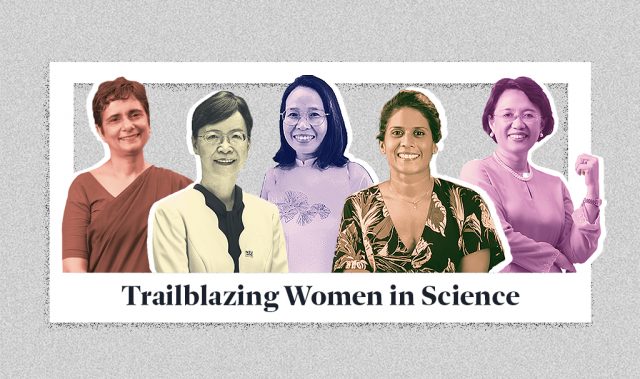
AsianScientist (Nov. 2, 2016) – Researchers in India and the US have found that providing training sessions to informal health care providers in India improved the quality of healthcare they offered to patients in the country’s rural regions. The results were published in Science.
According to the study authors, in rural India, patients seek healthcare providers without formal medical training and self-declared ‘doctors’ for up to 75 percent of primary care visits. The frequent use of such informal providers, despite legal prohibitions on their practices, reflects in part the absence of trained medical professionals in rural locations such as the Indian states of Rajasthan, Madhya Pradesh, and West Bengal.
“Our study suggests that there is a ‘low hanging fruit’ as the training is cheap and it does make these practitioners better,” corresponding author Dr. A.V. Banerjee from Massachusetts Institute of Technology in Cambridge, MA in the US told Asian Scientist Magazine.
The randomized, controlled trial involved more than 300 informal health care providers in West Bengal, some of whom were trained in 72 low-cost sessions over nine months. Training programs focused on multiple diseases and covered a diverse range of topics, from human anatomy to clinical practice. The researchers, some hailing from the Center for Policy Research, New Delhi, and Institute of Post Graduate Medical Education and Research, West Bengal, found that these programs increased correct case management for ailments like angina, diarrhea, and asthma by 7.9 percent, compared to the control group of untrained providers.
Curiously, the trial did not have a significant effect on drug-prescribing behavior, including the increasingly significant problem of over-prescribing antibiotics. According to Banerjee, this is probably because patients in India want drugs, and think they have been ‘cheated’ if they don’t get any. What is more, he noted that the providers make money from sales and distribution of the drugs.
In future, the research team intends to find out if they can influence the use of unnecessary drugs by making the patients more aware of the damage they do, according to Banerjee.
The article can be found at: Das et al. (2016) The Impact of Training Informal Health Care Providers in India: A Randomized Controlled Trial.
———
Copyright: Asian Scientist Magazine; Photo: Abhijit Banerjee.
Disclaimer: This article does not necessarily reflect the views of AsianScientist or its staff.












